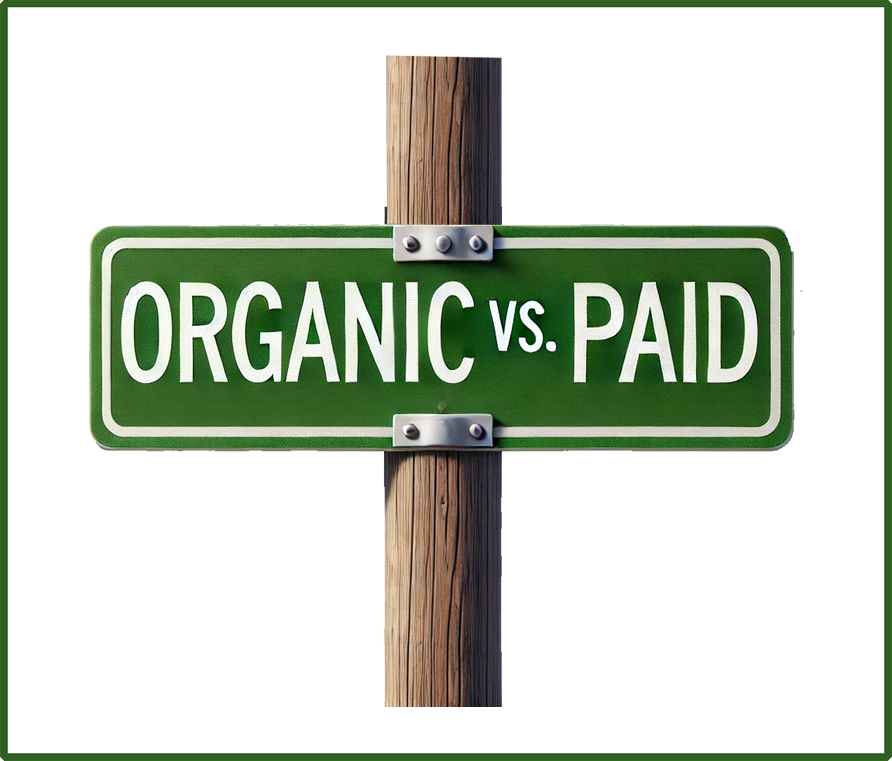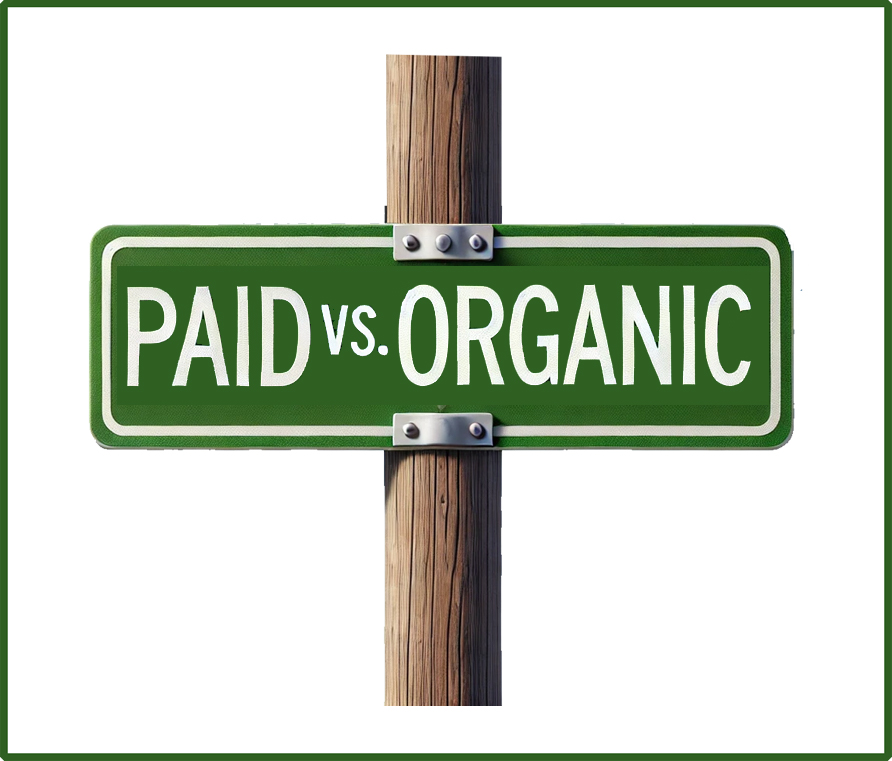Accessibility Tools

Increase Text

Increase Text

In the world of digital marketing, search engine marketing (SEM) plays a crucial role in driving traffic to websites and increasing visibility online. Two primary methods of SEM are organic search and paid search, each offering distinct advantages and disadvantages.
Let's delve into the differences between the two and explore their pros and cons.
Organic Search
Advantages of Organic Search
Disadvantages of Organic Search
Paid Search
Advantages of Paid Search
Disadvantages of Paid Search

Organic search refers to the unpaid, natural search engine results that appear based on their relevance to the user's query. Achieving high rankings in organic search results requires optimizing website content and adhering to search engine algorithms.

Paid search, also known as pay-per-click (PPC) advertising, involves bidding on keywords and placing ads on search engine results pages (SERPs). Advertisers pay a fee each time their ad is clicked, hence the term "pay-per-click.
Immediate Visibility: Paid search ads provide immediate visibility on search engine results pages, allowing advertisers to reach their target audience quickly.
Targeted Advertising: Paid search advertising offers advanced targeting options, enabling advertisers to reach specific demographics, locations, and user intents.
Measurable Results: Paid search campaigns provide detailed analytics and tracking metrics, allowing advertisers to measure the effectiveness of their ads and optimize performance.
Costs:Paid search advertising can be expensive, especially for competitive keywords, and requires ongoing investment to maintain visibility and traffic.
Ad Blindness: Some users may overlook paid search ads or perceive them as less credible than organic search results, leading to lower click-through rates (CTRs).
Dependency on Budget: Paid search visibility is directly tied to advertising budget, and campaigns may lose effectiveness if budget constraints limit ad exposure.
In conclusion, both organic search and paid search offer unique benefits and challenges for businesses seeking to enhance their online presence and drive traffic to their websites. By understanding the differences between the two and leveraging their respective strengths, businesses can develop comprehensive search engine marketing strategies that maximize their reach and ROI.
